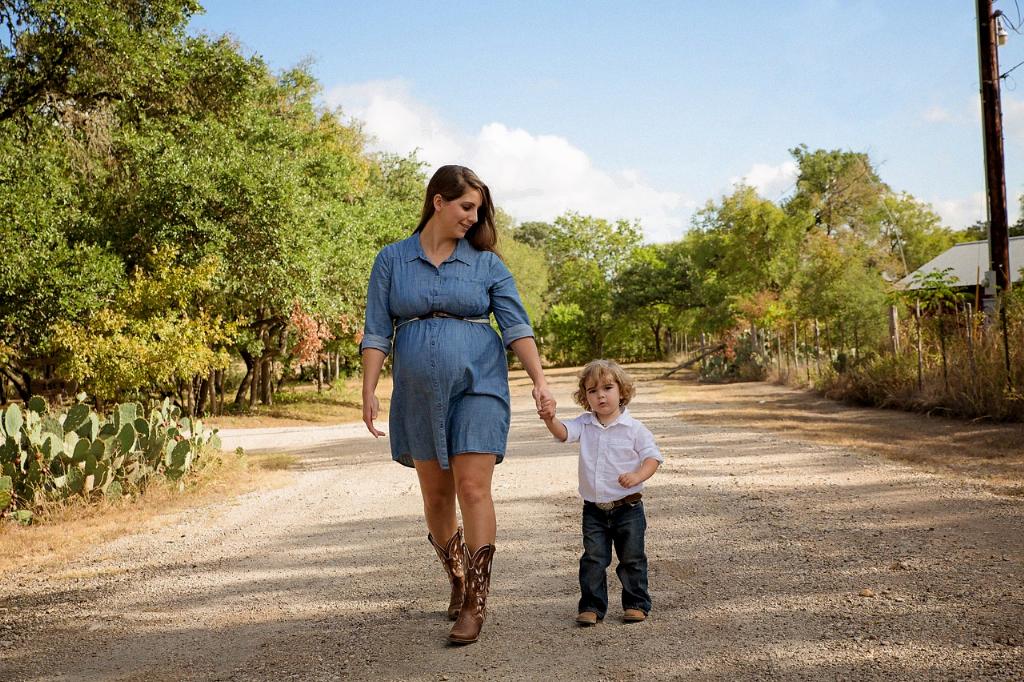Postpartum plantar fasciitis can be a challenging condition for many new mothers to deal with. The pain and discomfort associated with this condition can significantly impact daily activities and overall quality of life. It is crucial to understand the recovery process to effectively manage and overcome postpartum plantar fasciitis.
Factors Influencing Recovery Time
The healing timeline for postpartum plantar fasciitis can vary from person to person. While the condition may resolve on its own within 6 to 18 months for some individuals, others may experience faster recovery with proper treatment and management.
Role of Treatment
Treatment plays a crucial role in accelerating the recovery process for postpartum plantar fasciitis. With the right intervention, such as physical therapy, stretches, orthotic devices, and supportive footwear, many individuals can experience relief and improvement in symptoms within a few months.
Importance of Rest
Rest is essential for allowing the damaged plantar fascia to heal. By avoiding activities that exacerbate the pain and giving the foot adequate time to recover, individuals can promote faster healing and symptom relief.
Managing Pain and Discomfort
Managing pain and discomfort is crucial during the recovery process. Utilizing ice packs, over-the-counter pain medications, and gentle massage techniques can help alleviate symptoms and improve overall comfort.
Utilizing Supportive Measures
Supportive measures such as wearing proper footwear, using orthotic inserts, and maintaining a healthy weight can significantly aid in the recovery from postpartum plantar fasciitis. These measures help reduce stress on the plantar fascia, allowing it to heal more effectively.
Staying Active with Modifications
While rest is essential for recovery, staying active with modifications can also be beneficial. Low-impact exercises such as swimming or cycling can help maintain overall fitness levels without putting excessive strain on the affected foot.
Follow-Up Care
Regular follow-up care with a healthcare provider or physical therapist is essential for monitoring progress and adjusting treatment as needed. Communication with healthcare professionals can ensure that individuals are on the right track to recovery.
Positive Outlook and Persistence
Maintaining a positive outlook and staying persistent in following treatment recommendations are key to overcoming postpartum plantar fasciitis. It is important to be patient with the recovery process and celebrate small victories along the way.
Seeking Professional Guidance
If symptoms persist or worsen despite conservative measures, seeking professional guidance from a healthcare provider specializing in foot conditions is recommended. Additional interventions such as corticosteroid injections or physical therapy may be necessary in some cases.
Support System and Self-Care
Building a strong support system and prioritizing self-care can aid in the recovery from postpartum plantar fasciitis. Seeking support from loved ones and taking time for self-care activities can help reduce stress and promote overall well-being.
Final Thoughts on Recovery
In conclusion, the timeline for postpartum plantar fasciitis recovery can vary, but with proper treatment, rest, and management, many individuals experience improvement within a few months. By taking a proactive approach to recovery and seeking professional guidance as needed, individuals can effectively overcome the challenges posed by this condition.

